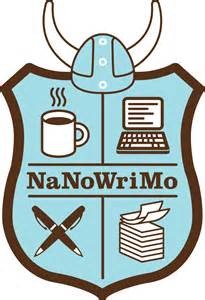All aspiring writers want their magic number to be one.
The first novel a writer ever wrote is perfect from conception.
The first novel lands a literary agent.
The first novel is so awesome, it immediately sells at auction.
The first novel is published to great fanfare and much commercial success.
The dream-come-true of overnight success. Well, I’d like to tell you something about that. Overnight success is a fabrication created by media outlets because it makes for a good story.
Ninety-nine-percent of the time, overnight-success stories are fiction. Most of these stories don’t divulge that the author ghostwrote ten novels for other people, or wrote three of their own novels that are tucked away because the author was working on craft.
In real life, what is the magic number—the number of novels written before a writer gets picked up by an agent, sold, and published?
I’ll tell you right now, it’s not one. If you poll a large number of authors and ask them how many novels they wrote before their first one sold, and then if you average the numbers they give you, my sense is that you will land right around four.
One of the truths I highlight at writers conferences is that for more than half of my clients, I passed on the first project they sent me. It wasn’t until they sent me a later, more mature work that our agent-author love match bloomed.
Why do I tell you all this? If you’ve just completed your first novel, awesome. Celebrate this huge achievement. But it doesn’t mean much if it doesn’t sell, or if you independently publish it and it doesn’t get much traction.
Keep on writing. Your magic number might be two or six or ten. My guess is that if you are passionately writing with ten novels under your belt, success is just around the corner.
Photo Credit: Andy Maguire










